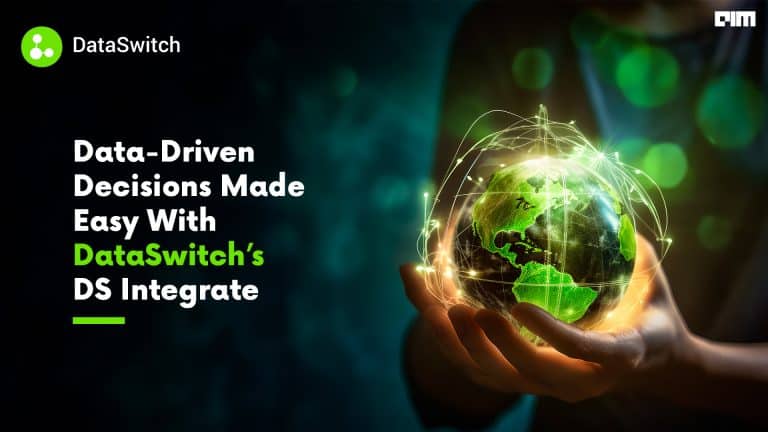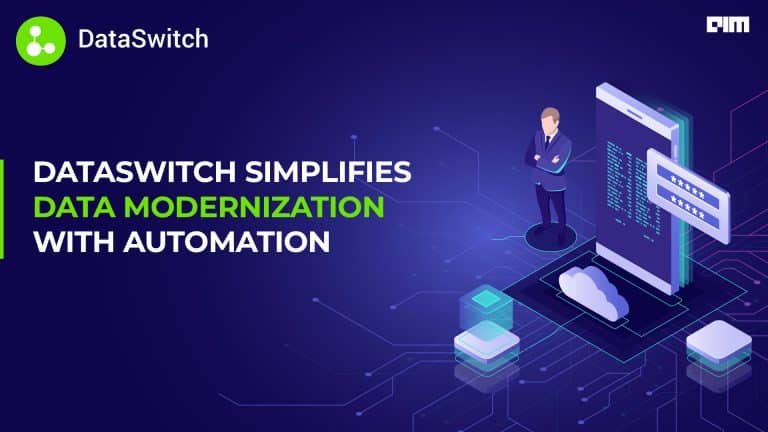Generative AI is poised to completely transform data engineering and drive unprecedented innovation across industries. As the volume and complexity of data grows exponentially, generative AI offers powerful new capabilities to completely overhaul the way we collect, process, analyse and derive value from data.
Today, the volume of data generated globally is growing at an unprecedented rate. According to IDC, the global datasphere is expected to reach 175 zettabytes by 2025, a staggering five-fold increase from 2018.
This surge in data generation is driving significant growth in the data engineering market, particularly in India. AIM Research projects this market to expand at a CAGR of around 33.8% over the next five years, growing from $29.1 billion in 2023 to $124.7 billion in 2028.
The traditional methods of data ingestion, transformation, and wrangling are labor-intensive, time-consuming, and often error-prone. It’s like trying to navigate a raging river with a leaky rowboat – you might get there eventually, but it will be a slow and arduous journey.
This is where GenAI steps in, offering a powerful motor to propel us forward.
Gen AI x Data Engineering
Migration and modernisation projects involve transferring data from one technology platform to another, such as moving from on-premises systems to the cloud. Data engineers are crucial in designing and implementing data pipelines that extract, transform, and load data into the target technology.
Generative AI can be leveraged to automate various data engineering processes, such as data integration, transformation, and pipeline creation. This automation allows data engineers to concentrate on higher-value tasks.
This is where DataSwitch excels. As a proven leader in data modernisation, especially in migrating from on-premise to the cloud, DataSwitch leverages its trio of tools—DS Migrate, DS Integrate, and DS Democratize—to automate the entire data transformation lifecycle.
DS Migrate automates the migration of schemas, data, and processes from legacy databases to modern cloud-based database services. It supports the migration from legacy systems like Oracle, Teradata, Netezza, Informatica, SSIS, and DataStage to modern cloud platforms such as AWS RedShift, Snowflake, BigQuery, DataBricks, and Spark.
On the other hand, DS Integrate is designed to consolidate and integrate data for domain-specific applications.Traditionally, data ingestion and transformation can be complex and time-consuming, requiring manual coding or scripting.
DS Integrate offers a user-friendly interface with pre-built connectors and functionalities, allowing businesses to ingest data from various sources and transform it into a usable format without extensive coding expertise.
It can ingest and structure previously unstructured data, and automatically generate code to create knowledge bases. It is designed to handle data arriving in various formats, including PDFs, images, text, ODBC, and JDBC.
Meanwhile, DS Democraticise allows users to interact with data in a natural and intuitive way.
Enhancing Data Quality
Data quality is the foundation of all successful data-driven projects. Dirty data leads to dirty insights, and ultimately, bad decisions. GenAI can be leveraged to identify and address data anomalies, generate synthetic data to fill in missing values, and even predict potential data quality issues before they arise.
According to estimates from The Data Warehousing Institute, inadequate data quality results in approximately $600 billion in annual costs for organisations in the United States.
Generative AI is easing the process of data transformation and cleansing. Natural language interfaces allow data engineers to describe desired transformations in plain English, with AI automatically generating the necessary code. This dramatically accelerates development cycles.
By automating routine tasks and providing intelligent suggestions, AI frees up data engineers to explore new ideas and tackle more complex challenges. We’re seeing a shift from data engineers spending most of their time on data preparation to focusing on advanced analytics and developing novel data products.
As we look to the future, generative AI will continue to push the boundaries of what’s possible in data engineering. We’ll likely see more sophisticated AI models capable of understanding complex business logic and generating entire data architectures based on high-level requirements.
The line between data engineering and data science will blur further, with AI-assisted tools enabling seamless transitions between data preparation, analysis, and model deployment.





















